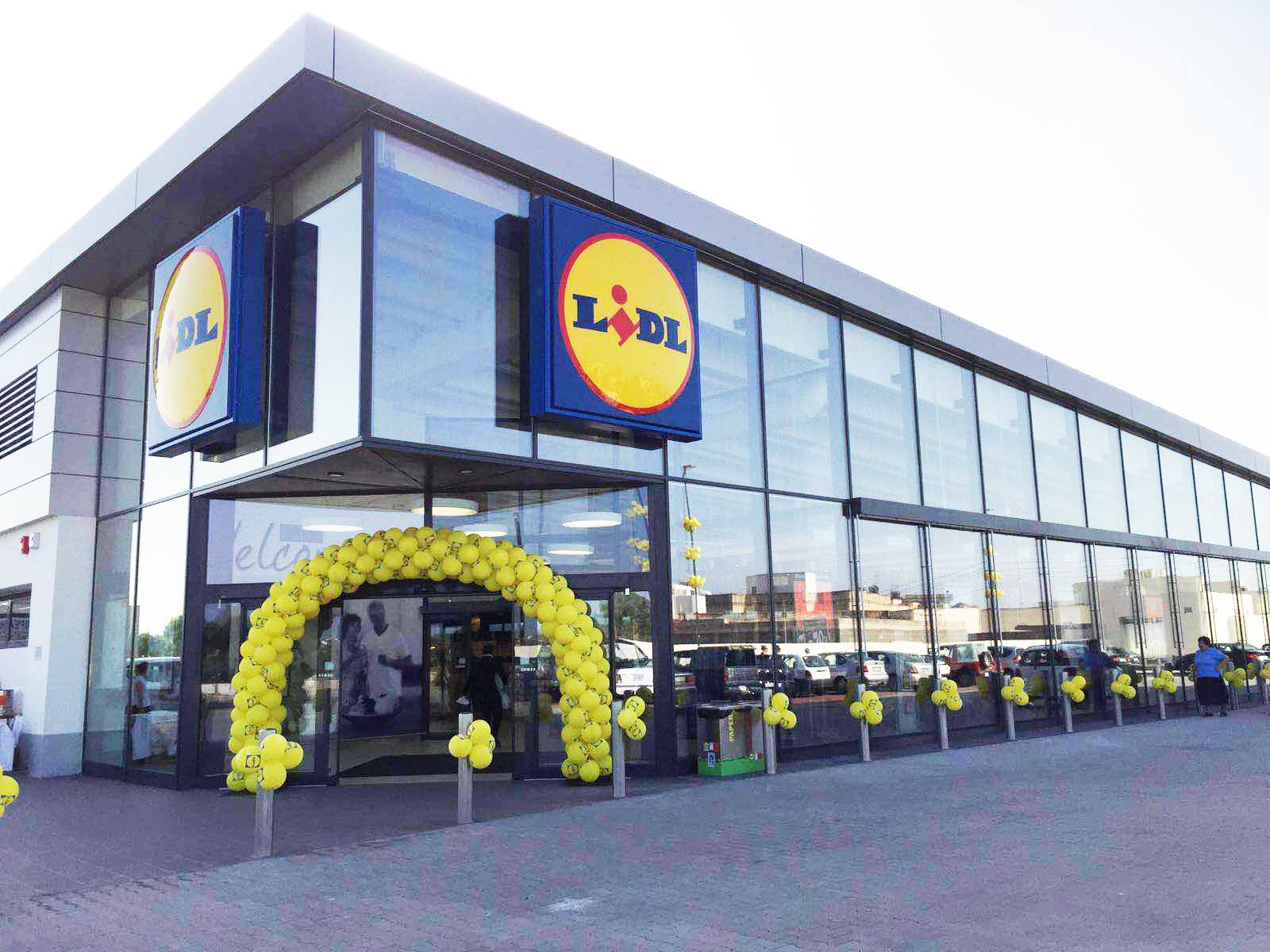Popular supermarket Lidl has placed purchase quantity limits on the purchase of several items, including toilet paper and tomato sauce.
Restrictions have also been imposed across a number of staples, including vegetables and fruits preserved in oil, flour, baby food and vegetable oil, and are detailed in notices inside the stores, depicted in photos on social media and in news reports.
The restrictions are reminiscent of those seen at the start of the pandemic in several countries, as panicking shoppers stockpiled essential items like toilet paper and certain non-perishables.
While Lidl Malta did not disclose the reasons for the limitations, there are a number of problems plaguing the international flow of good, including relating to Russia’s invasion of Ukraine and a subsequent breakdown in trade.
Particularly notably, Ukraine is the largest exporter of sunflower oil in the world, and Russia the second largest, perhaps explaining the limitations on vegetable oil and products that use oils (vegetable oil is generally a blend of different types of oil, including sunflower oil).
Aside from oil, Malta also imports in significant quantities from Ukraine oats and maize starch. In 2019, pre-COVID, Ukraine exported $3.37 million (€3.05 million) worth of products to Malta.
BusinessNow.mt has reached out to the company to understand its motivation behind the limitations.
The limits on Lidl’s products vary by product, with one item – large 5L bottles of vegetable oils, limited to a single unit per customer.
On the other hand, fruits in syrup are limited to five items per receipt, as are vegetables preserved in oil and tomato sauces.
Toilet paper, kitchen towels, and napkins are limited to three item per shopper, as are 1L containers of vegetable oil, tins of corned beef, baby food, and flour.
64% increase of people in employment since 2014, latest figures show
New data paints a clear picture of Malta’s expanding workforce over the last decade
Malta’s economic growth to remain strong in global context, but sectoral shifts raise productivity concerns
While Malta continues to outpace eurozone peers in GDP growth, sectoral data suggests a growing reliance on less productive industries
Trump tariffs to take effect soon: EU prepares swift but measured response as trade tensions escalate
European businesses, policymakers, and investors alike are bracing for another potentially destabilising episode in transatlantic trade






